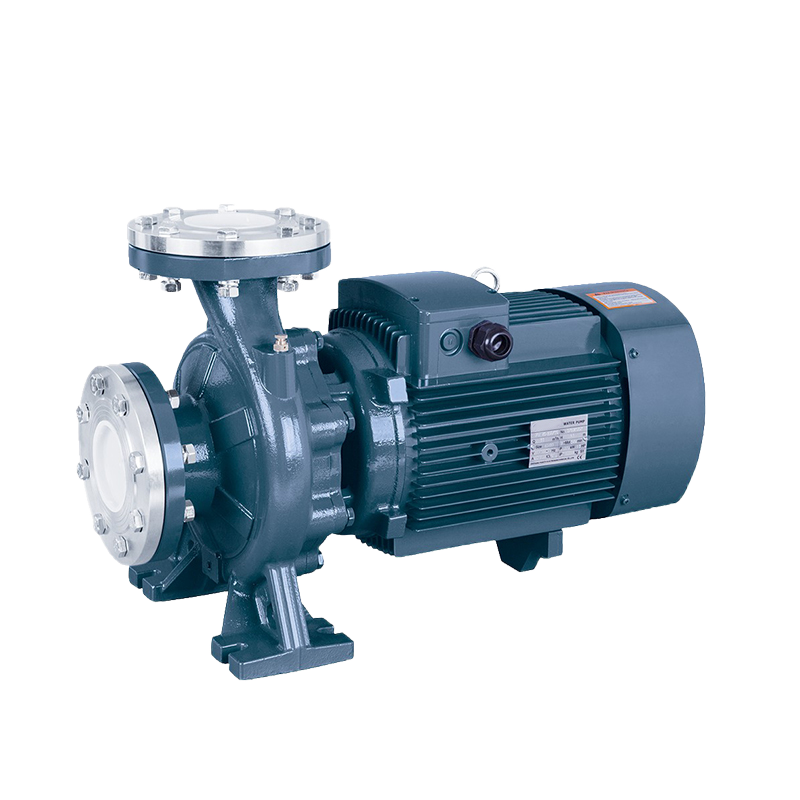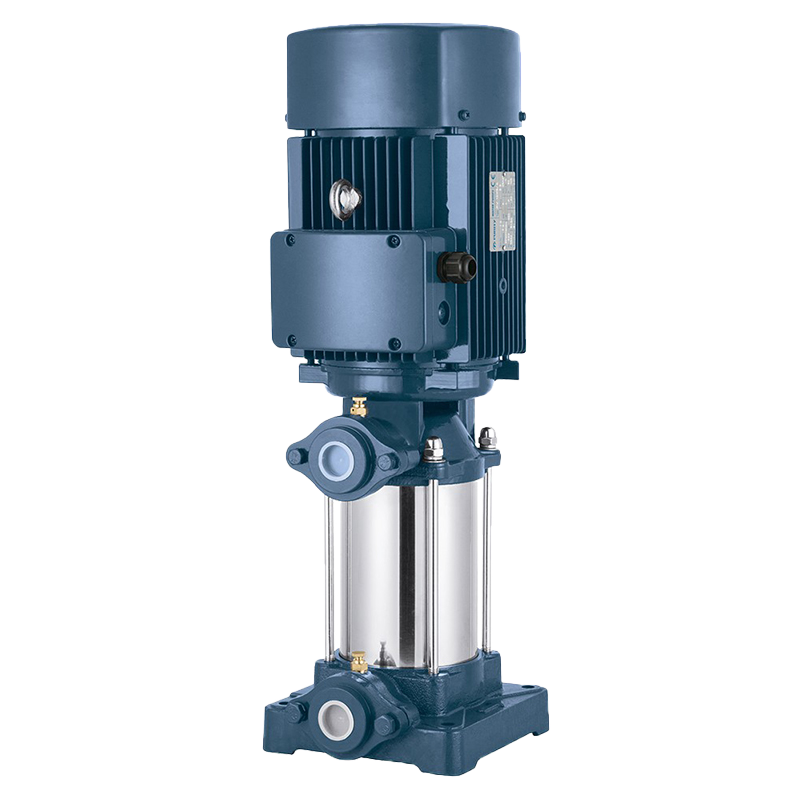


Your borehole pump plays a pivotal role in providing your household or business with a consistent and reliable water supply. However, like any mechanical equipment, borehole pumps can encounter issues over time. Recognizing the signs of a malfunctioning pump is crucial for ensuring uninterrupted water access and preventing costly repairs. In this article, we will explore common indicators that your borehole pump might be broken and discuss steps to diagnose and resolve potential issues.
1. No water pumping - The most obvious sign that there is something wrong with the borehole pump is when it stops pumping water. A pump that is not functioning cannot displace water from the borehole, resulting in a lack of water supply in the house or property.
2. Reduced water supply - Another sign that the borehole pump is not working properly is when the water supply becomes noticeably reduced. This is often a sign that the pump is operating, but not functioning at its optimum level.
3. Strange noises - When a pump is working properly, it should operate quietly. If there are unexplained clanking or grinding noises emanating from your borehole pump, it could signify that the pump is malfunctioning.
4. Low water pressure - If the water pressure coming from your borehole pump is weaker than usual, it could be because the pump is not working at its peak level.
5. Increase in power consumption - A broken borehole pump will require more power to operate to maintain the same level of water pressure coming from the pump. When you notice a significant increase in your power consumption, it might be time to have the pump inspected.
6. Continuous running of the motor - A faulty borehole pump will run continuously, even when it is not pumping water. When this happens, it means there is a mechanical issue with the pump's internal gears.
It is essential to have your borehole pump inspected regularly to prevent it from breaking down. Regular maintenance will help to identify any problems that are likely to cause damage to the pump in the future, allowing you to take appropriate action to repair the pump.
Conclusion:
Regular monitoring and timely intervention are essential to ensure the optimal performance of your borehole pump. If you notice any of the mentioned signs, it's advisable to consult with a professional pump technician for a thorough diagnosis and appropriate solutions. By addressing potential issues early on, you can extend the life of your borehole pump, avoid costly repairs, and maintain a reliable water supply for your property.
 English
English عربى
عربى
 Fire Pump and System
Fire Pump and System Split Case Pump
Split Case Pump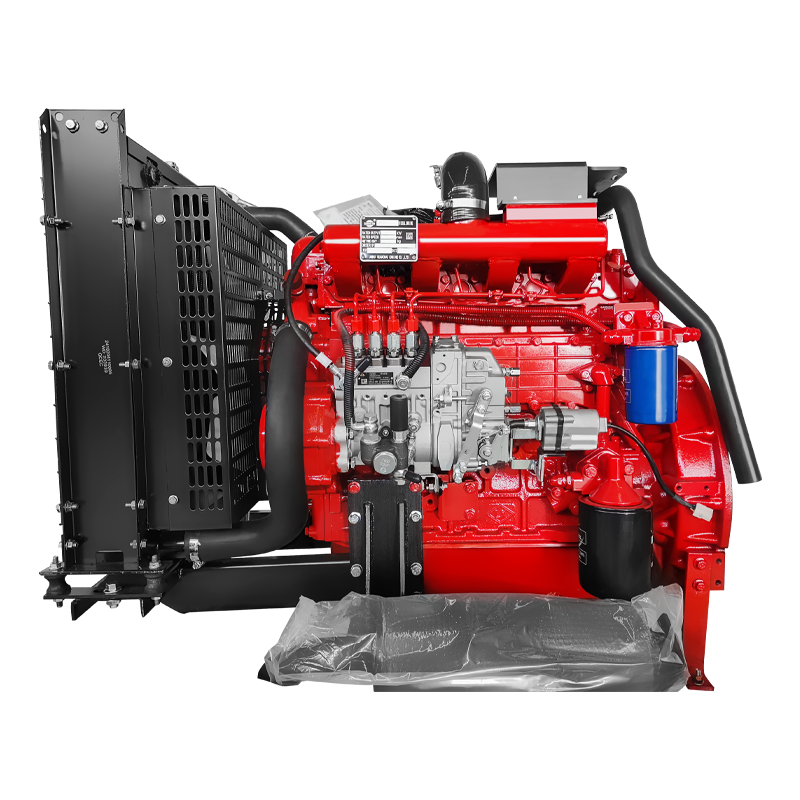 Engine and Pump
Engine and Pump Long Shaft Pump
Long Shaft Pump Multistage pump
Multistage pump Water Supplier System
Water Supplier System Sewage Pump
Sewage Pump Industrial Pump
Industrial Pump Self-Priming Pump
Self-Priming Pump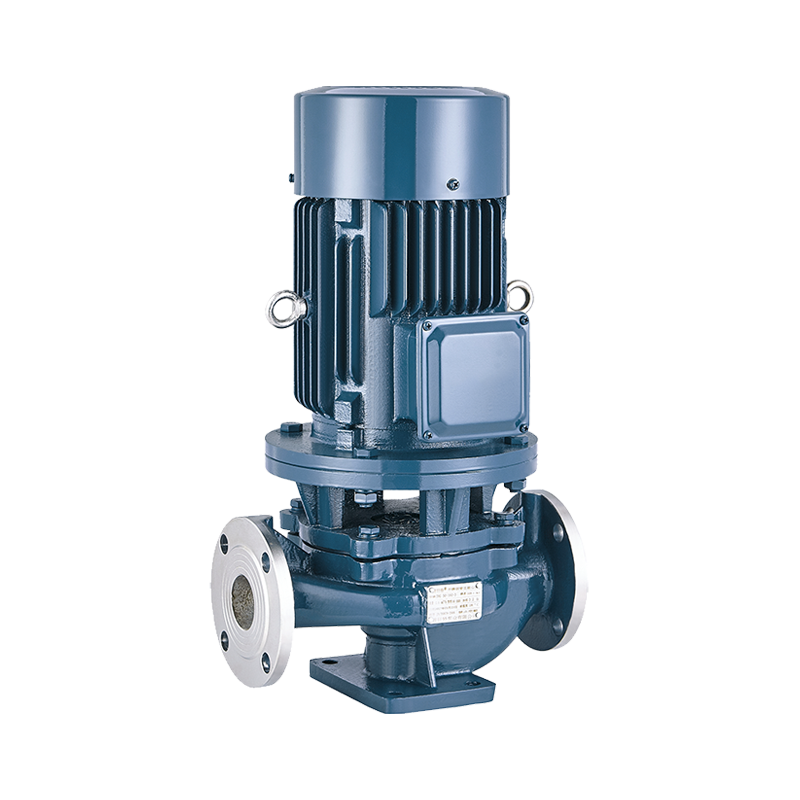 Inline Pump
Inline Pump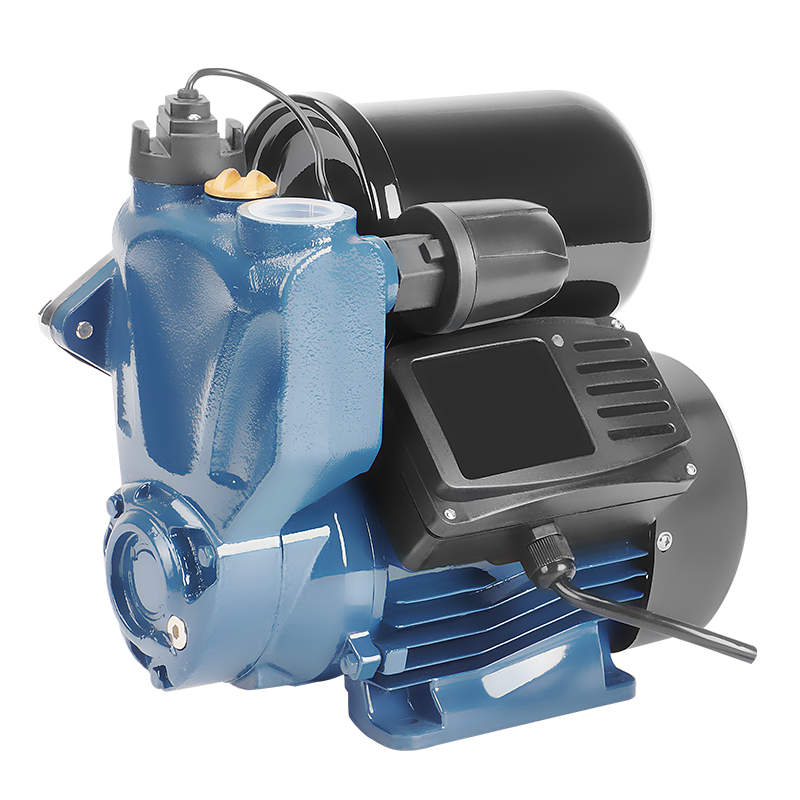 Domestic Pump
Domestic Pump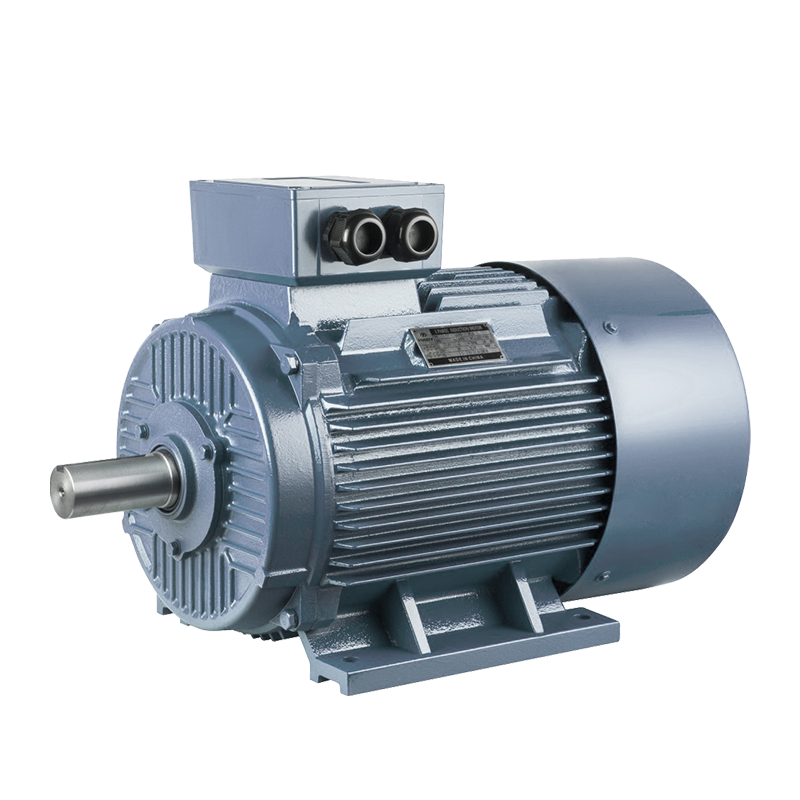 Electric Motor
Electric Motor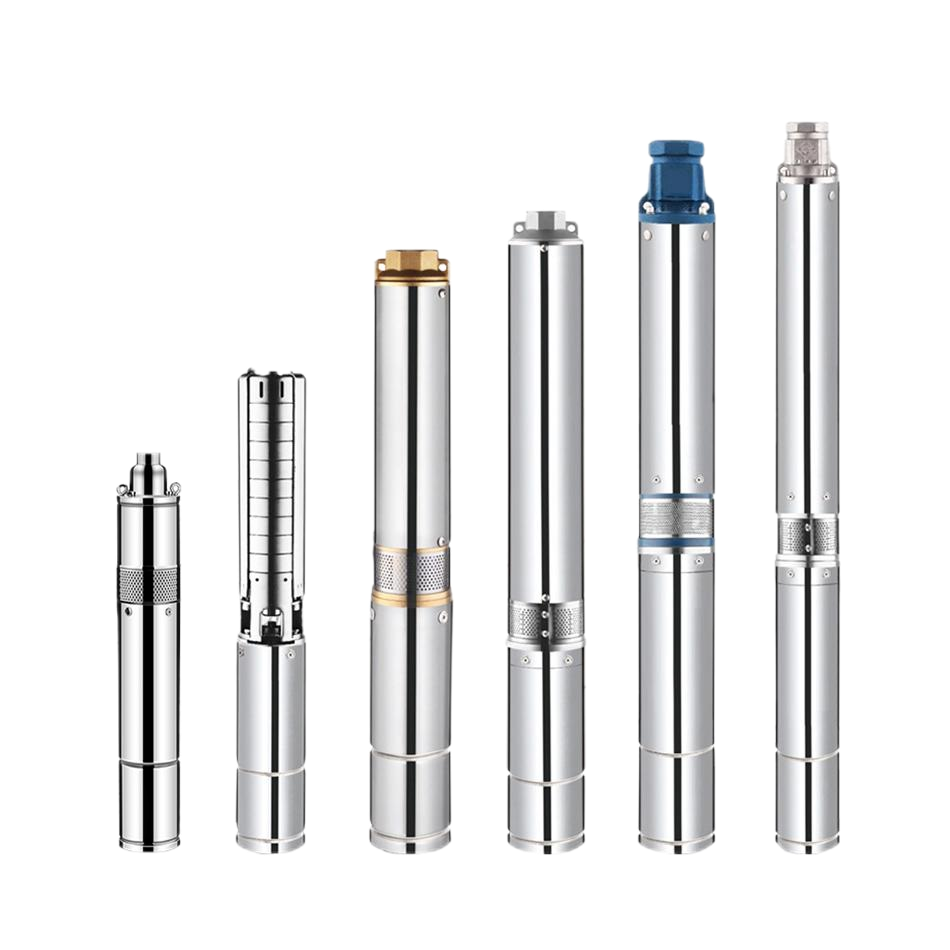 Borehole Pump
Borehole Pump


